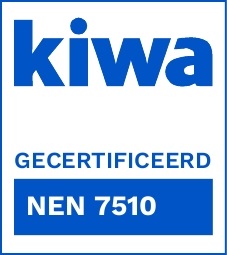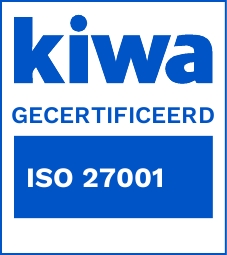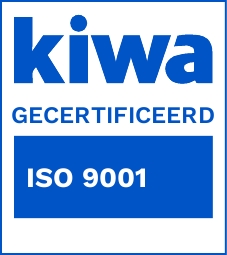Good communication is the foundation of successful collaboration. However, it doesn’t always come naturally. Sometimes we misunderstand each other, things go unspoken, or a conversation just doesn’t feel quite right. Fortunately, with a few simple steps, you can work on improving your communication. In this blog, you’ll learn what effective communication means, why it’s important, and how you can improve it.
What is effective communication?
Effective communication is about speaking and listening clearly, respectfully, and purposefully. It means not only conveying your message but also ensuring the other person understands it as you intend. Listening plays a big role too: good communication is as much about understanding what the other person says (or means) as it is about being clear yourself.
Examples of effective communication:
- You take the time to explain calmly what you mean, without making assumptions.
- You listen to the other person and ask questions to check if you understand correctly.
- You choose your words carefully and pay attention to how your message is received.
Why is effective communication so important?
Effective communication has many benefits, both for you and your team or organization:
- More understanding and fewer misunderstandings: When everyone understands each other well, you avoid unnecessary mistakes or frustrations.
- Better collaboration: Open and clear communication makes it easier for people to work together and support each other.
- Greater engagement: People feel heard and valued when you listen carefully and are clear in your own story.
- More trust: Clear and honest communication strengthens relationships and creates a safe work environment.
Common challenges
Although we communicate every day, things can go wrong. Here are some common pitfalls:
- Making assumptions: You think you know what the other person means without checking.
- Unclear messages: Your message is vague or too general, making it hard for the other person to understand.
- Not listening: You’re not truly listening but are already focused on your own response.
- Letting emotions take over: Sometimes frustration or anger can lead to unclear or disrespectful communication.
Tips for effective communication
Fortunately, there are ways to improve your communication skills. With these tips, you can make a noticeable difference:
1. Listen actively
Listening might be more important than speaking. Let the other person finish, nod in acknowledgment, and ask questions if something is unclear. For example, “Do you mean that you need more time for this project?”
2. Be clear and specific
Avoid vague words or long, complicated sentences. For example, instead of saying, “We need to do something about the schedule,” say, “Let’s review the schedule tomorrow morning and see how we can shift the deadlines.”
3. Use “I” statements
If you need to discuss something difficult, phrase it from your perspective. For example, “I’ve noticed I’m struggling to stay organized. Can we look at how we can approach this differently?” This prevents the other person from feeling attacked.
4. Pay attention to non-verbal communication
Communication is more than just words. Your posture, facial expressions, and tone play a big role. Make sure your body language is open and inviting, such as maintaining eye contact and avoiding crossing your arms.
5. Ask for feedback
Want to know if your message was clear? Ask! “Can you summarize what I just said?” This helps ensure you were understood.
6. Practice patience
Sometimes it takes time to fully understand each other, especially in tough conversations. Take your time and give the other person space to respond.
Growing together in communication
Effective communication is a skill you can learn and develop. By consciously practicing listening, being clear, and having open conversations, you’ll quickly see improvement. Not only in your own interactions but also in the collaboration within your team or organization.
So, where will you start today? Maybe it’s asking a question instead of assuming, or taking a moment to listen before responding. Small steps make a big difference. Working together on better communication leads to more trust, fewer misunderstandings, and stronger relationships. And that’s valuable for everyone!



